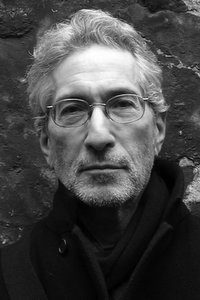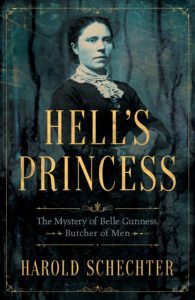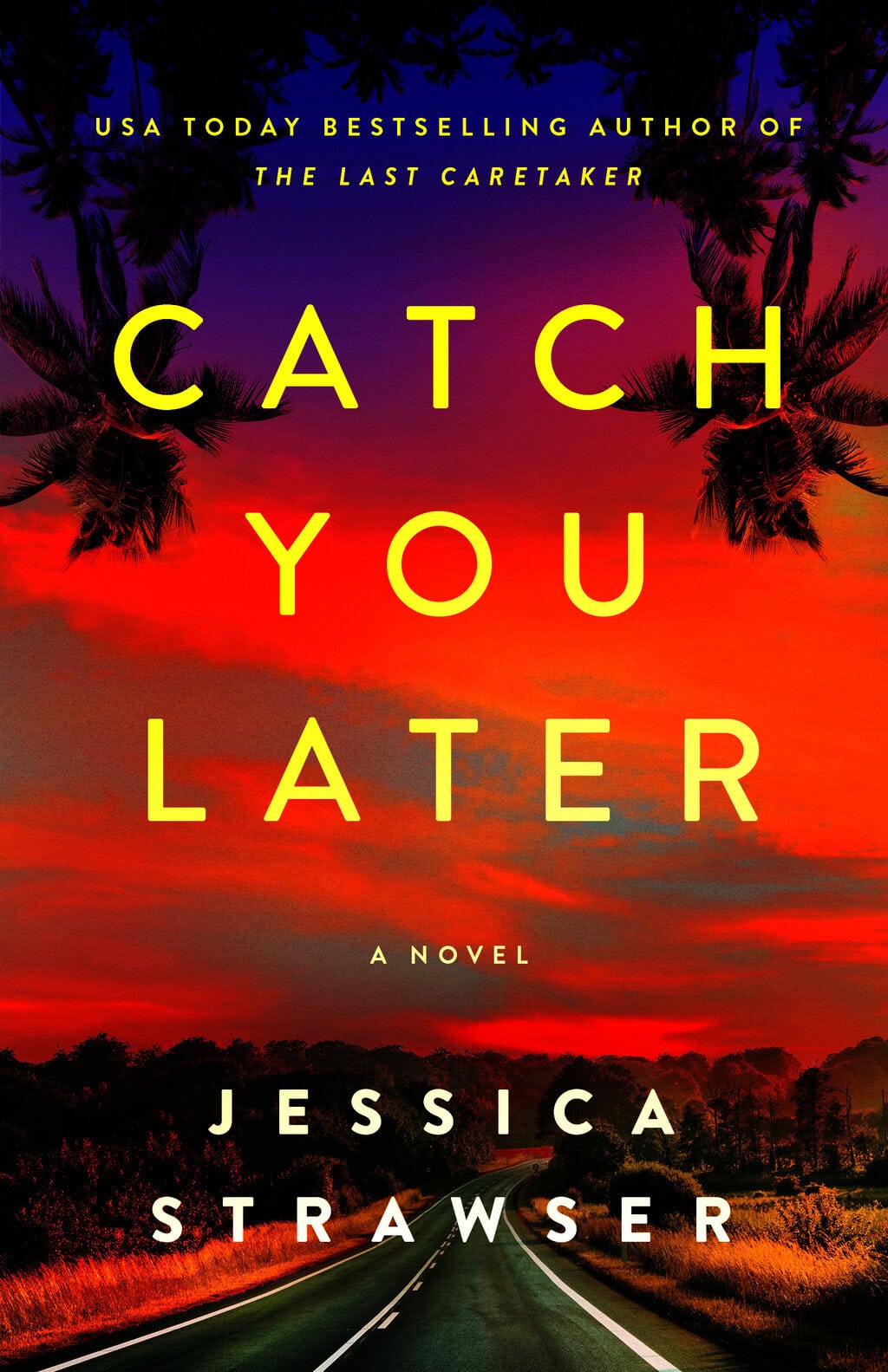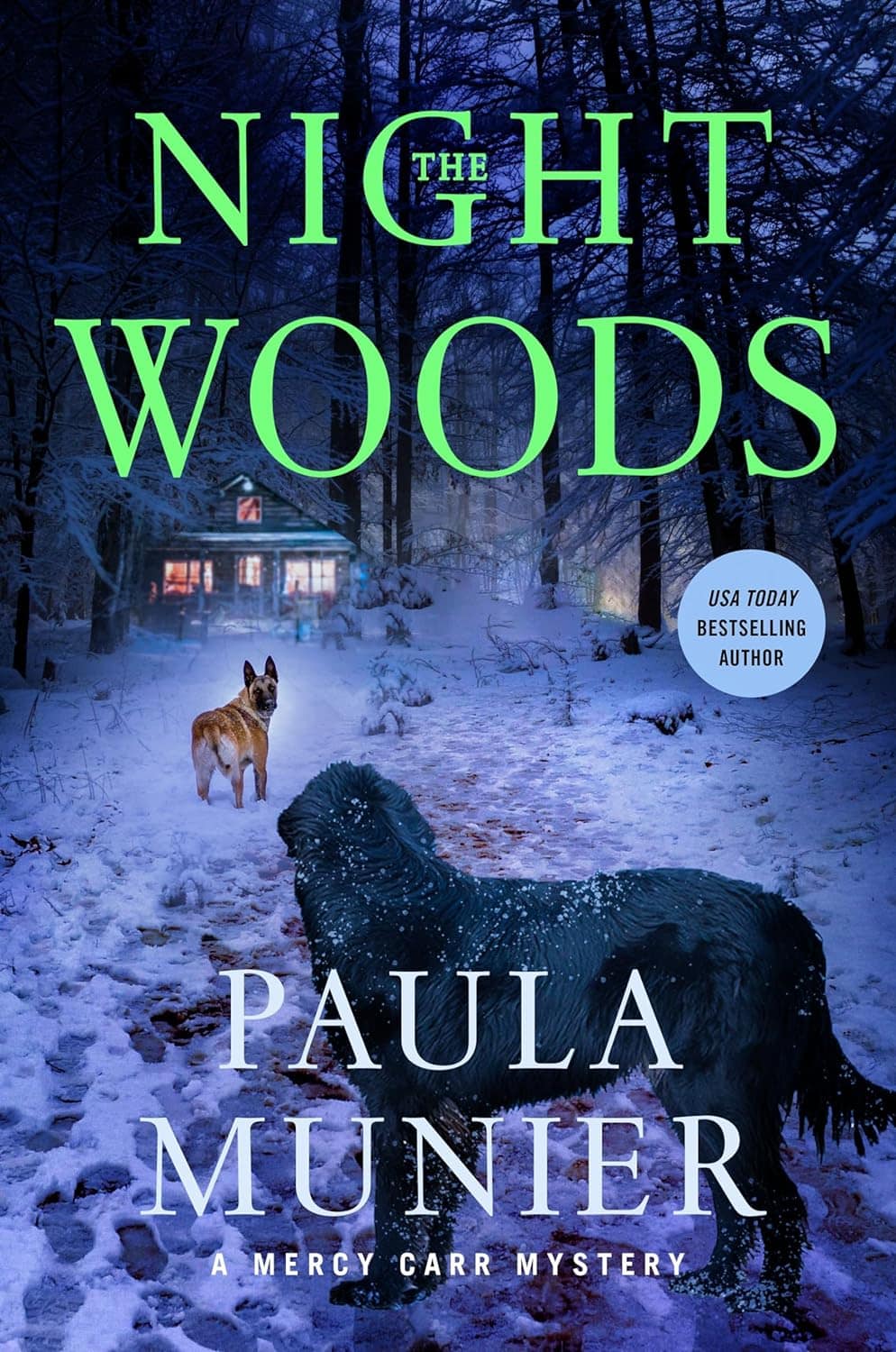With a PhD in American literature and a full-time professorial position teaching Hawthorne, Melville, Emily Dickinson, et al, the last thing I expected to become was a true crime writer specializing in our nation’s rich heritage of psychopathic sex-murder. Here’s how it happened.
Going commercial
Back in 1979, with a recent divorce, a second marriage, and a newborn daughter, I decided to supplement my meager academic income—$14,500 (equivalent to about $50,000 today)—by trying my hand at commercial writing. For the next few years, I turned out books on a variety of pop culture subjects. One of these, which I co-wrote with my late cousin, David Everitt, was a beautifully designed coffee-table book, Film Tricks: Special Effects in the Movies, which traced the history of cinematic sfx (as it came to be called) from the pioneering silent films of French illusionist Georges Méliès to what was then the present (roughly the time of the first Star Wars movie).
Gory inspiration
While researching the chapter on horror, I came upon the startling fact that my two all-time favorite scary movies, Hitchcock’s Psycho and Tobe Hooper’s The Texas Chain Saw Massacre, were both inspired by the same real-life case, the necrophiliac atrocities of Wisconsin ghoul, Ed Gein (who would also serve as the model for the skin-suit-fashioning serial killer in Thomas Harris’ The Silence of the Lambs). Looking into the Gein story, I discovered that no book had ever been written about him.
Finding my genre
At that time, my publisher was Simon & Schuster/Pocket Books, so I pitched the idea to my then-editor, Stacy Prince. As I recall—and at my age, my memories are unreliable at best—Stacy liked the idea but informed me that she was leaving S & S and would pass my proposal on to her co-worker, Elizabeth Beier. A short while later, Elizabeth—to whom I will always be grateful for kickstarting my true-crime career—made an offer.
Before I could finish the book, however, Elizabeth herself moved on to greener pastures, and I was turned over this time to the person who guided and shaped my subsequent career more than anyone else, Linda Marrow. It was Linda who gave me the single most valuable piece of publishing advice I’ve ever received:
To succeed as a commercial writer, I should pigeonhole myself—stick to a specific genre—partly so that the marketing people could get a handle on what kind of writer I was.
Birth of the deadly “D” trilogy
Since Deviant (as my Gein book was called) sold very well upon publication—and since, for better or worse, sadistic sex crime is a subject congenial to my temperament—I proposed a series of true crime books about America’s most notorious homicidal maniacs (when I wrote Deviant, the term “serial killer” had not yet entered the language).
I already had an idea for a follow-up. While researching Deviant, I interviewed Robert Bloch, author of the novel Psycho upon which the movie was based, and asked him why people were so fascinated by Ed Gein.
“Because they’ve forgotten about Albert Fish,” he replied, referring to the 1920s cannibal pedophile regarded by many as the most heinous serial murderer in the annals of American crime. Fish became the subject of my second true crime book, Deranged. The third in what I liked to think of as my “D” trilogy—Depraved—was about the Chicago “multi-murderer,” H. H. Holmes.
No dearth of material
Thankfully, there is no shortage of sexual psychopaths in our nation’s criminal history, so I have been able to keep busy ever since.

 Author of the just-released Hell’s Princess, Harold Schechter is an American true-crime writer who specializes in serial killers. Twice nominated for the Edgar Award for Best Fact Crime, he is the author of the nonfiction books Fatal, Fiend, Bestial, Deviant, Deranged, Depraved, The Serial Killer Files, The Mad Sculptor, and Man-Eater. Schechter attended the State University of New York in Buffalo, where he earned his PhD under the direction of Leslie Fiedler. He is a professor of American literature and popular culture at Queens College of the City University of New York. Schechter is married to poet Kimiko Hahn and has two daughters, the writer Lauren Oliver and professor of philosophy Elizabeth Schechter.
Author of the just-released Hell’s Princess, Harold Schechter is an American true-crime writer who specializes in serial killers. Twice nominated for the Edgar Award for Best Fact Crime, he is the author of the nonfiction books Fatal, Fiend, Bestial, Deviant, Deranged, Depraved, The Serial Killer Files, The Mad Sculptor, and Man-Eater. Schechter attended the State University of New York in Buffalo, where he earned his PhD under the direction of Leslie Fiedler. He is a professor of American literature and popular culture at Queens College of the City University of New York. Schechter is married to poet Kimiko Hahn and has two daughters, the writer Lauren Oliver and professor of philosophy Elizabeth Schechter.





